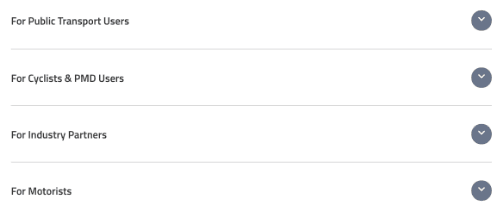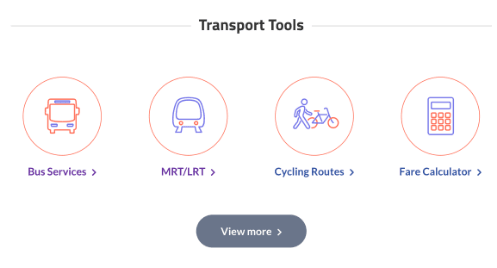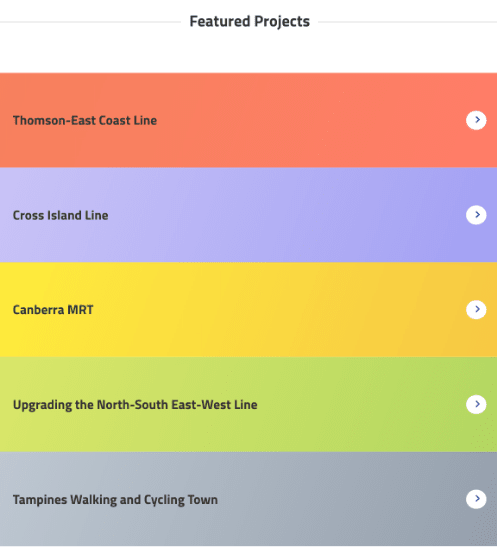The North-South and East-West MRT lines may be the oldest, but a programme of renewal has been underway.


Rejuvenating the Railway: NSEWL's Six Core Sytems

We all cheered when the new Thomson-East Coast Line (TEL) opened, but our very first two lines might just give it a run for its money! The renewal of six core systems for the North-South and East-West Lines (NSEWL) are giving them a new lease of life and making commutes even better.
A little enhancement here, a little re-conditioning there… can you guess what revitalising the following can do?

1. Signalling
Did you know that the signalling system tells the trains when to stop or move? This system has now been upgraded to a new Communications-Based Train Control (CBTC) technology that allows our trains to run closer together. With the capability to run at a 100-second headway, compared to 120 seconds before 2018, commuters now enjoy a shorter wait before the next train comes!
| Fun Fact! This is our first re-signalling project in Singapore, which covered 200km of tracks, 141 trains and 54 stations. |
2. Power supply
Running at a higher capacity is well and good, and we want to be in no doubt that our power supply is up to the job. The existing power supply system has been upgraded to ensure just that. Besides replacing the existing, aging equipment with a brand new one, the system now comes with real-time condition monitoring abilities! This means it’s able to check on the health of our power supply system and detect faults, such as damaged insulation of the traction cable! The system also comes with an intelligent Fault Isolation System (iFIS) for identifying the location of a cable fault. This allows for faster response, isolation and system recovery.
With these enhancements, we now enjoy an improved overall reliability of our railway system. Just watt we need.
Did You Know? Since the renewal works started in 2018, we replaced:
|


3. Track circuit system
Working in tandem with the CBTC signalling system is a new track circuit system. Track circuits detect the presence of a train on the track, which helps us to speed up train recovery efforts in the event of a signalling system failure. The new track circuit system doesn’t just spot trains, either. Any broken rails needing repair can be identified, and its built-in condition monitoring system is able to pre-emptively address track circuit-related failures before they occur.
| Fun Fact! More than 1,100 track circuits have been replaced since 2018. |
4. Sleepers
Railway sleepers not only hold down two rails of a train track at the correct spacing, but also distribute the load of the train over these tracks, ensuring a smooth ride for everyone.
While sleepers have traditionally been made of wood, we now use pre-stressed concrete, which are more weather-resistant. These robust sleepers are expected to have a lifespan of 50 years, providing long-term durability and reliability!
| Fun Fact! It took us four years to complete the changing out of 188,000 wooden sleepers to concrete ones. |


5. The third rail
The third rail runs alongside the running rails on the track and is responsible for supporting the supply of traction power to our trains. In the span of two years, we replaced 180km of this third rail to mitigate the effects of daily wear and tear on the old rails. This reduces the likelihood of power faults. With new power rails, we effectively minimise potential downtime, providing a more reliable and efficient rail system for commuters.
| Did You Know? The third rail not only supplies power to move our trains, but also supports the lighting and air-conditioning systems. |
6. Trains
Say goodbye to the first, second and third generations of trains! In 2018 we bought 66 new ones, and another 40 in 2020, which will gradually replace those on the NSEWL. These will be the 7th generation of rolling stock employed on the lines.
What’s new? Sensors that enable monitoring, diagnosis and pre-emptive action for improved performance. Commuters will also feel the difference with more open space, ergonomic seats, colourful LCD displays and more panoramic views out of the larger windows. These trains are more inclusive, too: they allow easier boarding, and are friendly for prams, wheelchairs and foldable bicycles too.
| Did You Know? The NSEWL have served us for over three decades! They are our oldest and busiest lines in the MRT network. |

The happy outcome
Upgrading the six core systems has rail-ly made a difference! The overall commuting experience is more comfortable, with smoother rides and shorter waiting times. Reliability of the NSEWL has shot up to a Mean Kilometres Between Failure of over 1,000,000 train-km since 2019, from 70,000 train-km for the NSL and 60,000 train-km for the EWL in 2012.
When it comes to improving train services, we’re right on track.



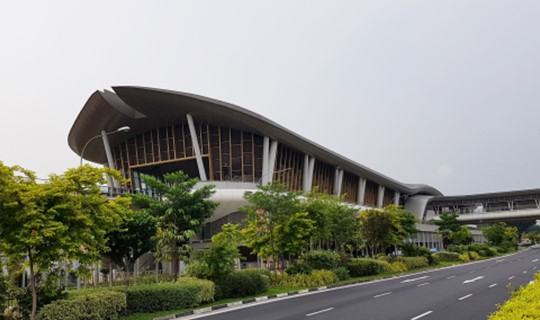 Stations, stations on the tracks, which is the greenest of them all?
Stations, stations on the tracks, which is the greenest of them all?
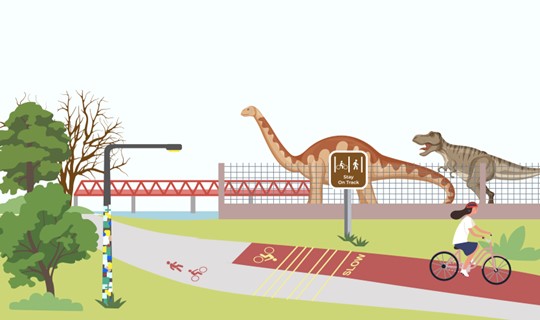 7 Ways to Look Sharp, Cycle Safe & Have a Smoother Ride
7 Ways to Look Sharp, Cycle Safe & Have a Smoother Ride
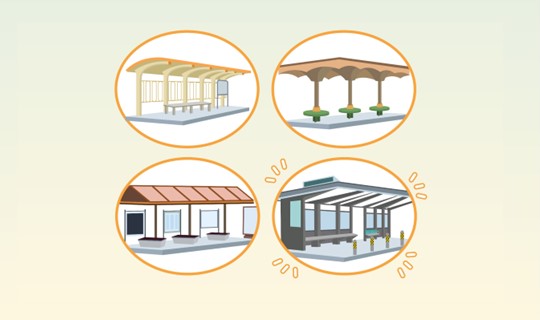 What's the Latest Buzz On Our Bus Stop Shelters?
What's the Latest Buzz On Our Bus Stop Shelters?
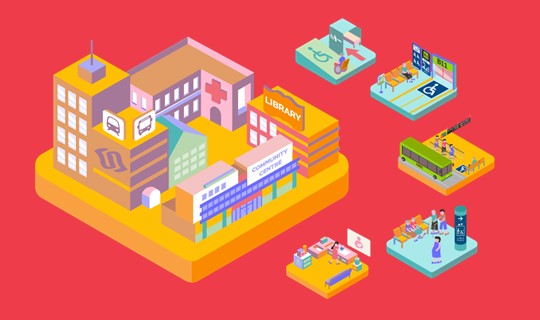 6 Interesting Things About Our Integrated Transport Hub
6 Interesting Things About Our Integrated Transport Hub
 5 reasons the SRTC is breaking barriers to rail reliability
5 reasons the SRTC is breaking barriers to rail reliability
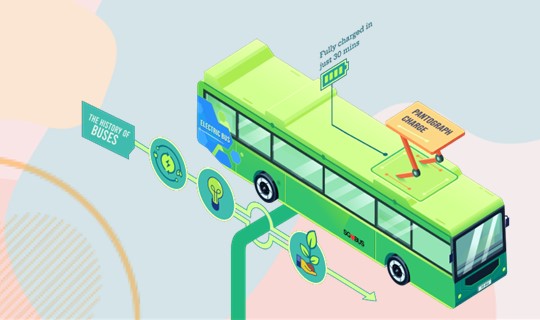 History of Buses
History of Buses
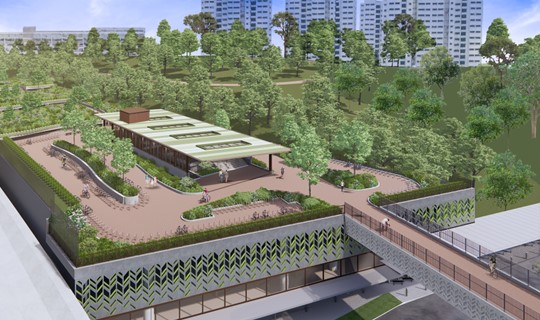 From East to West, CRL Trivia to Pique Your Interest!
From East to West, CRL Trivia to Pique Your Interest!
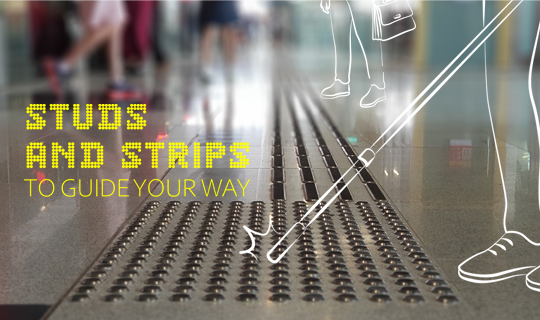 Tactile Guiding System in Singapore
Tactile Guiding System in Singapore
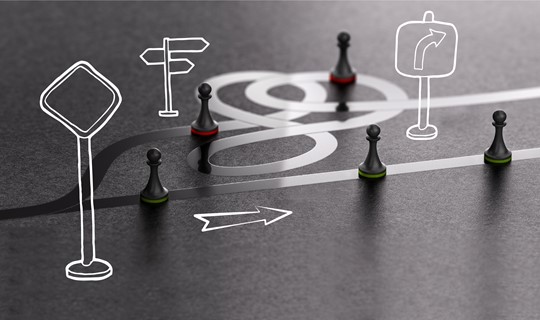 Nifty Wayfinding
Nifty Wayfinding
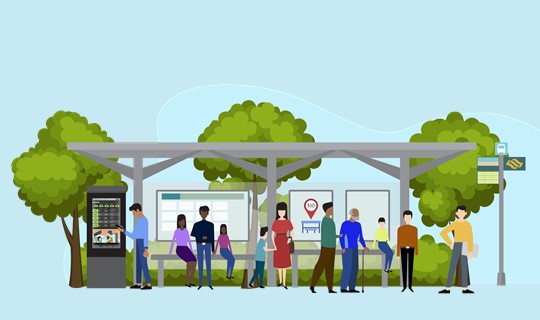 Making a "PID-Stop" at one of our bus stops?
Making a "PID-Stop" at one of our bus stops?
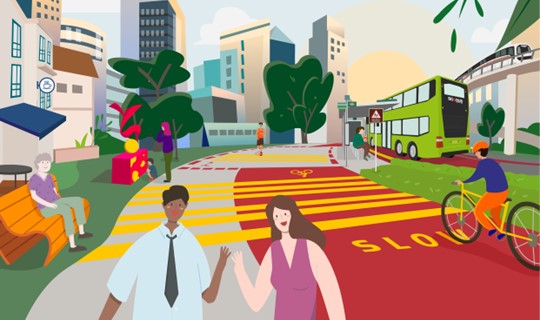 (Re)Purpose for the People
(Re)Purpose for the People
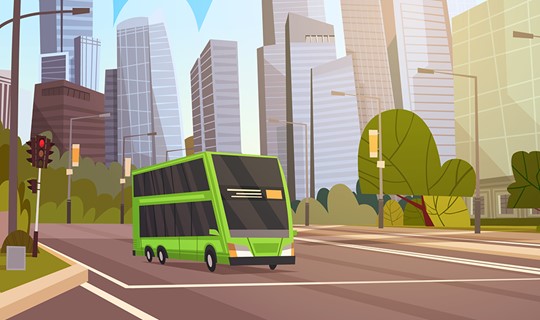 Your 10 Best Bets for a Scenic Bus Cruise
Your 10 Best Bets for a Scenic Bus Cruise
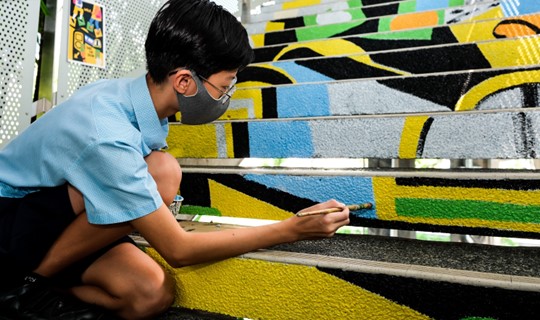 Placemaking: Hardware to Heartware
Placemaking: Hardware to Heartware
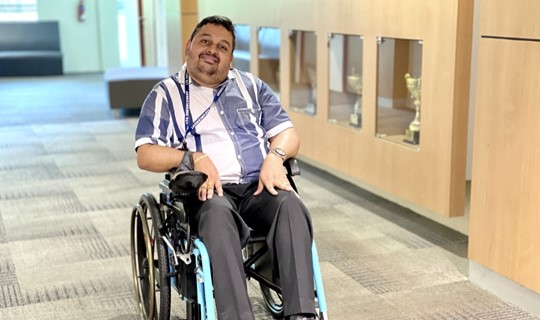 Writing a New Chapter on Inclusivity
Writing a New Chapter on Inclusivity
 Making a Mark in 3D
Making a Mark in 3D
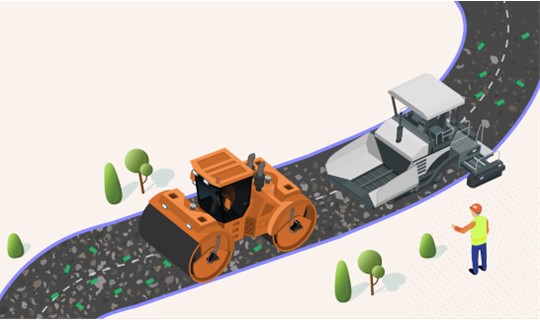 Paving the Way for Eco-friendly Roads
Paving the Way for Eco-friendly Roads
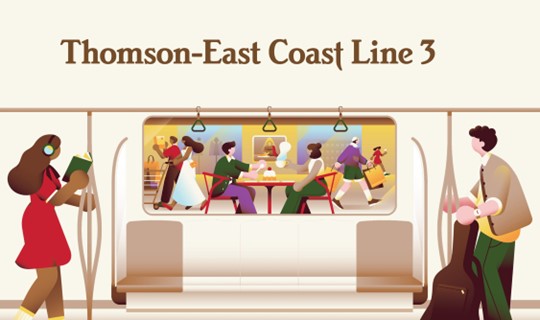 TEL3 Hits the City: Get Fed, Get Fit and Feel Fab!
TEL3 Hits the City: Get Fed, Get Fit and Feel Fab!
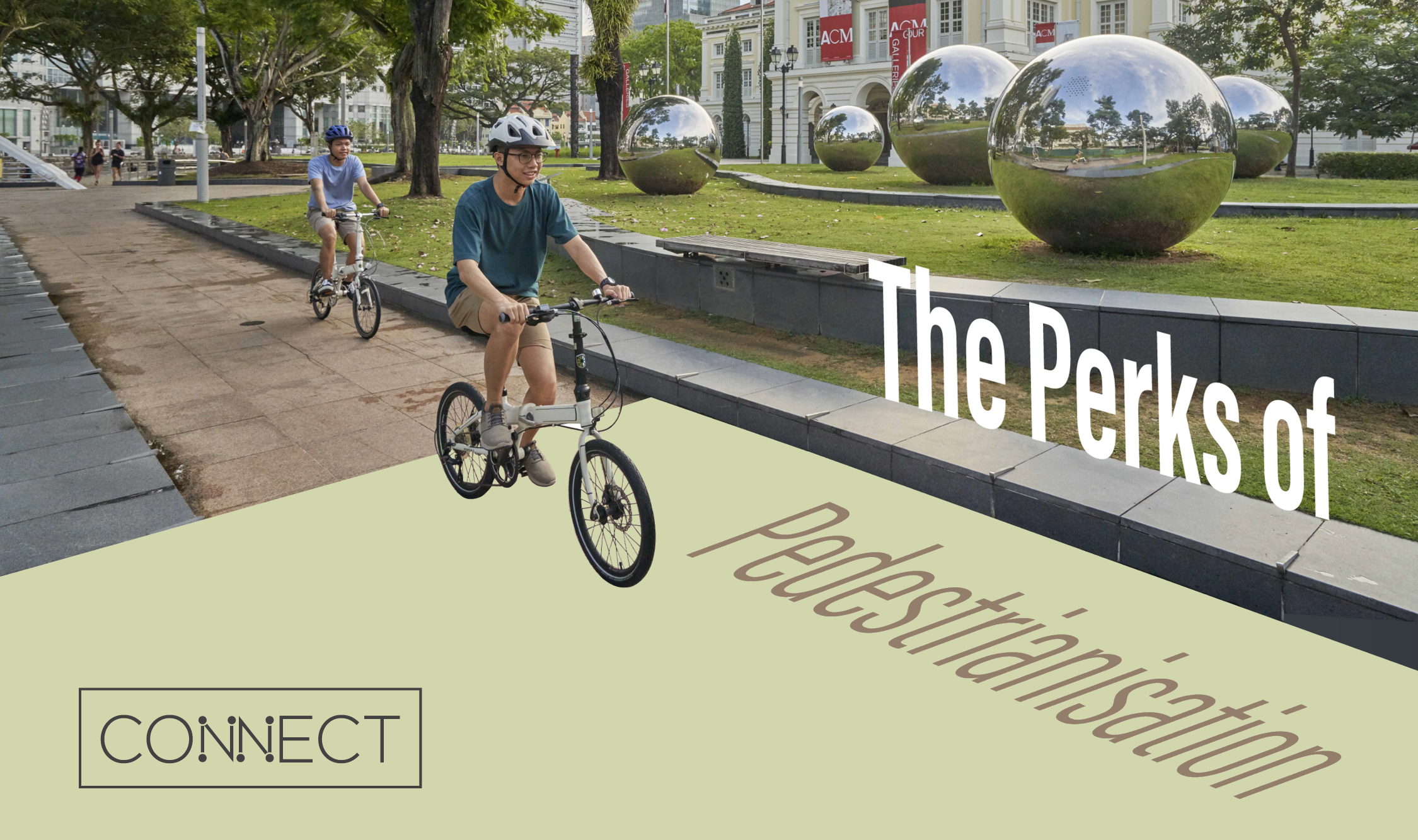 The Perks of Pedestrianisation
The Perks of Pedestrianisation
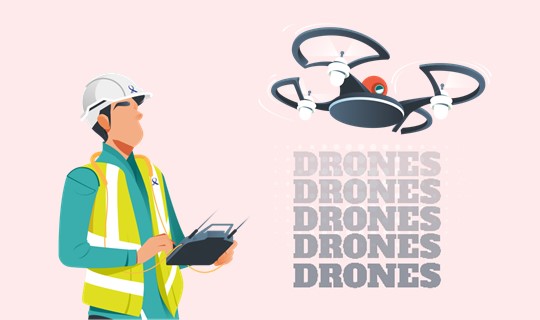 Drones in the Zone
Drones in the Zone
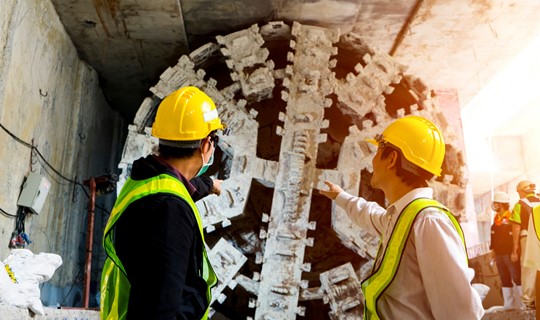 What lies beneath: LTA's Digging Machine
What lies beneath: LTA's Digging Machine
 8 Facts to Charge Up You Knowledge About Electric Vehicles
8 Facts to Charge Up You Knowledge About Electric Vehicles
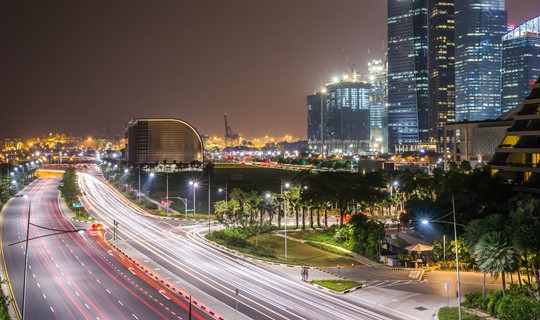 Watt a Smart Street Light!
Watt a Smart Street Light!
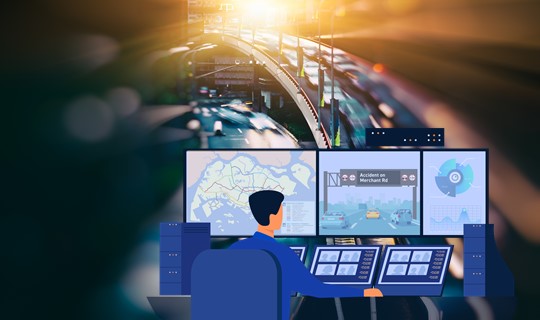 Singapore's Road EMAS-gency Experts
Singapore's Road EMAS-gency Experts
 Take a brake! Explore these eight hidden gems on your bike
Take a brake! Explore these eight hidden gems on your bike
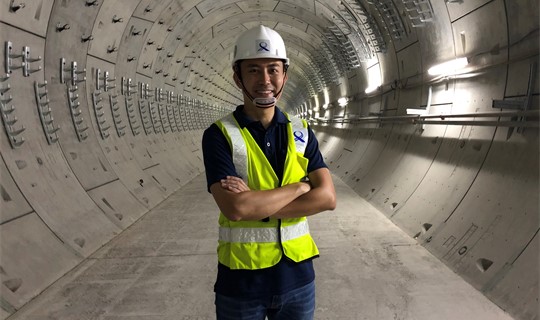 Excuse me, are you a boring engineer?
Excuse me, are you a boring engineer?
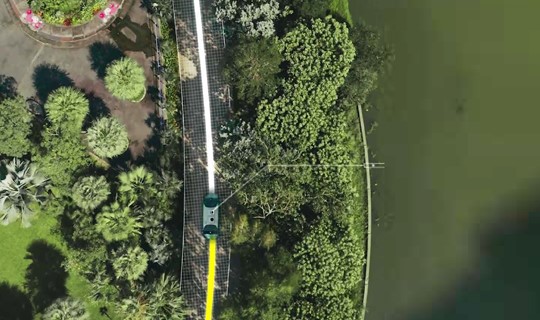 Look Ma, No Hands!
Look Ma, No Hands!
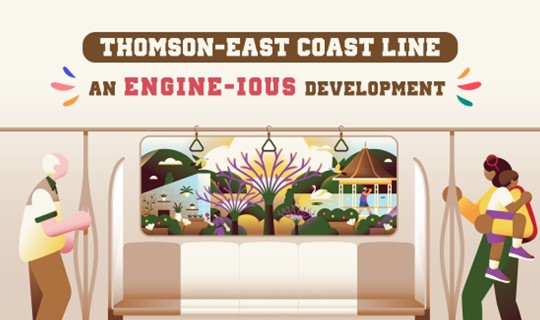 10 Reasons the TEL is an Engine-nious Development
10 Reasons the TEL is an Engine-nious Development
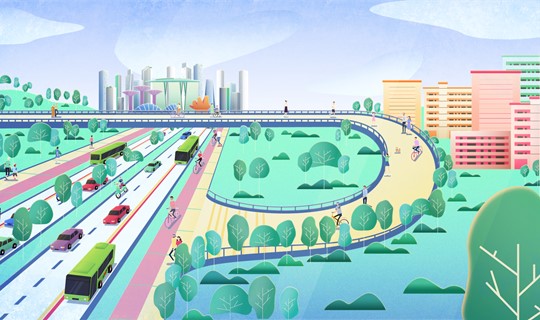 Introducing Singapore’s Longest Transit Priority Corridor
Introducing Singapore’s Longest Transit Priority Corridor





